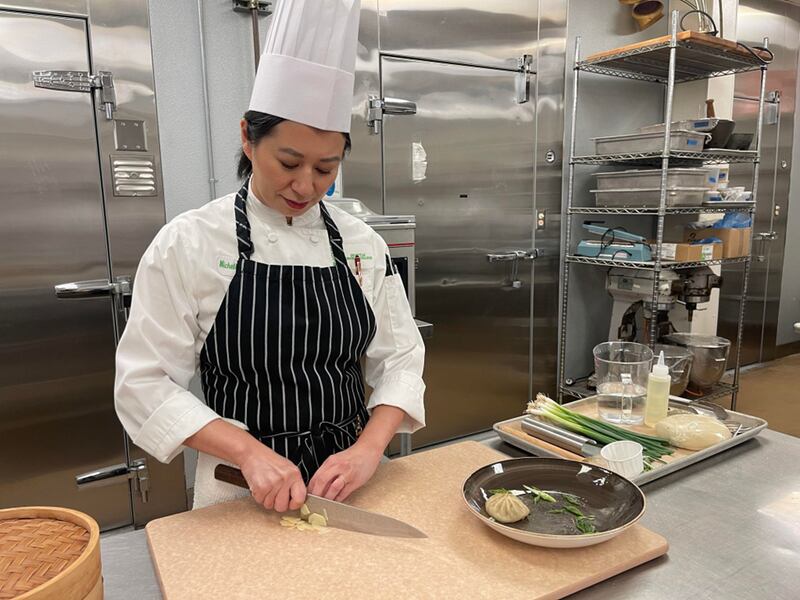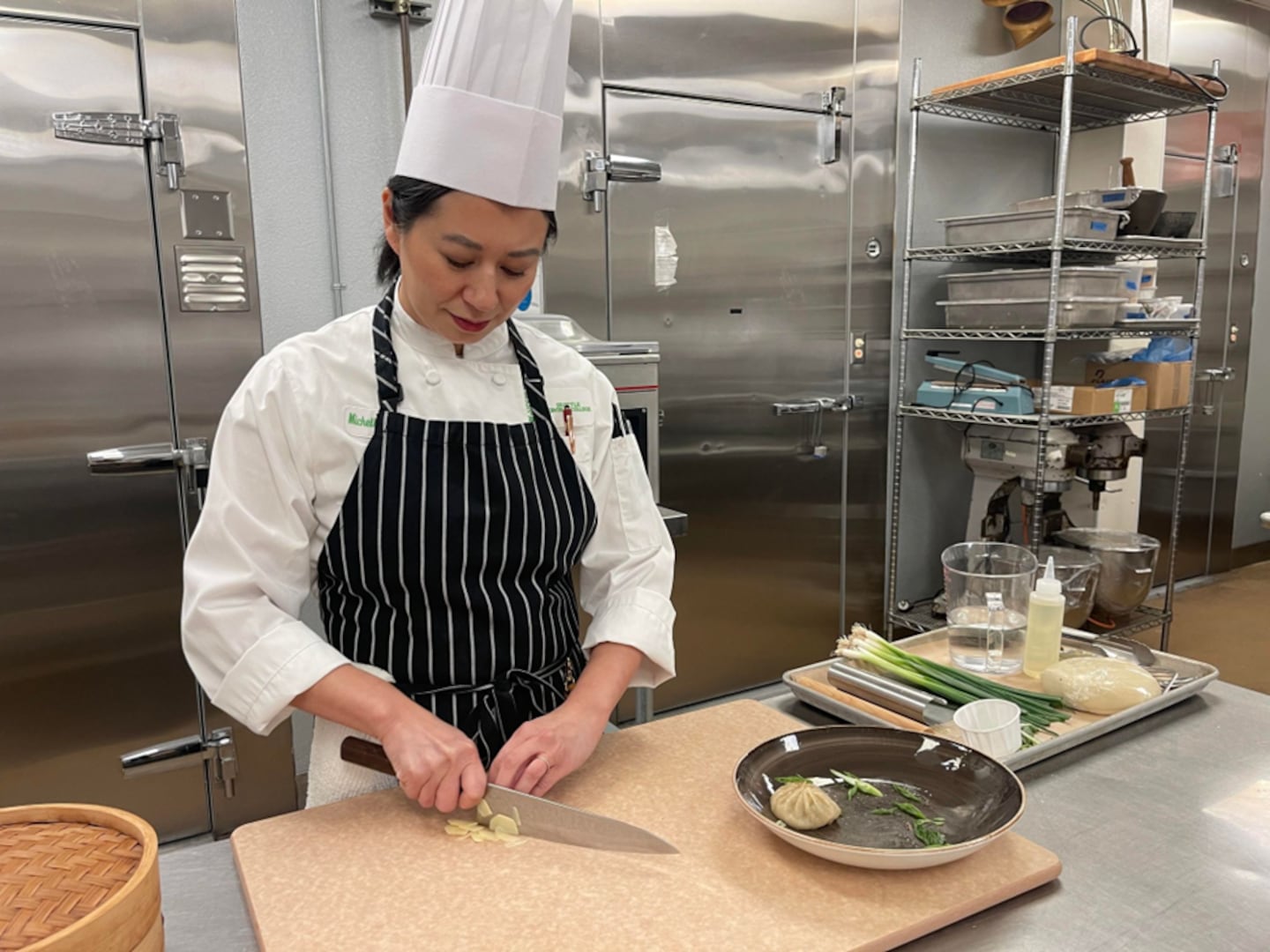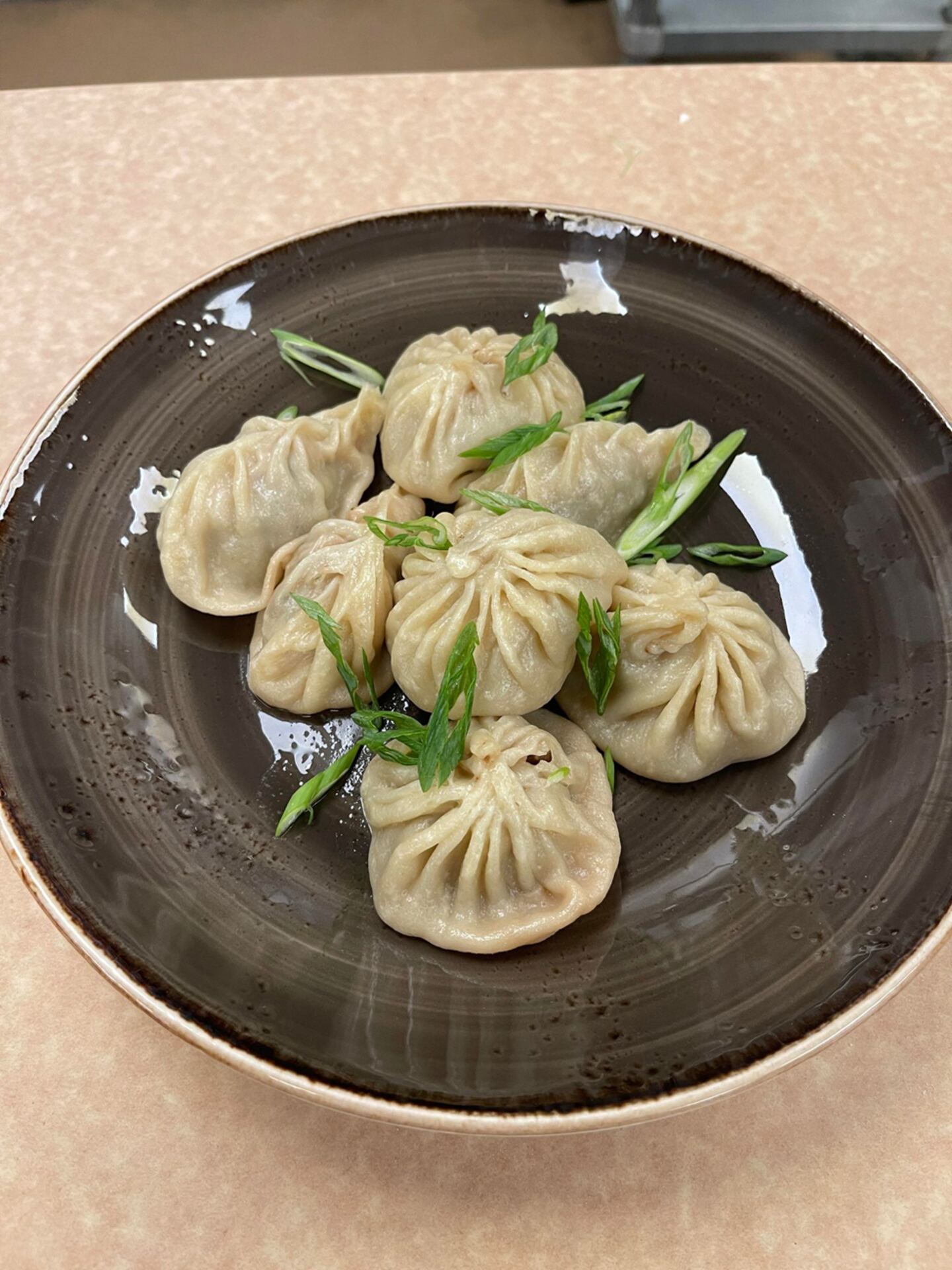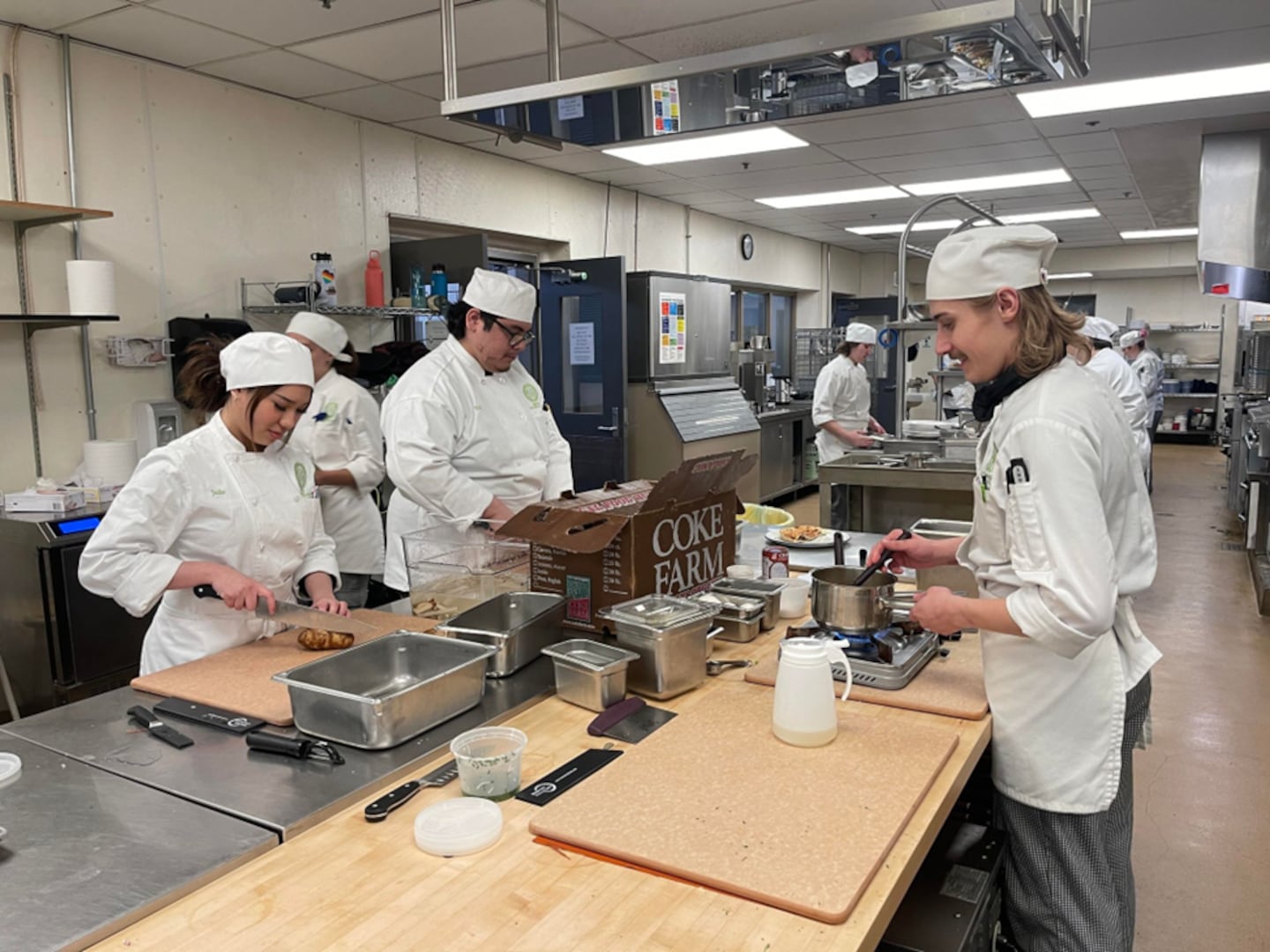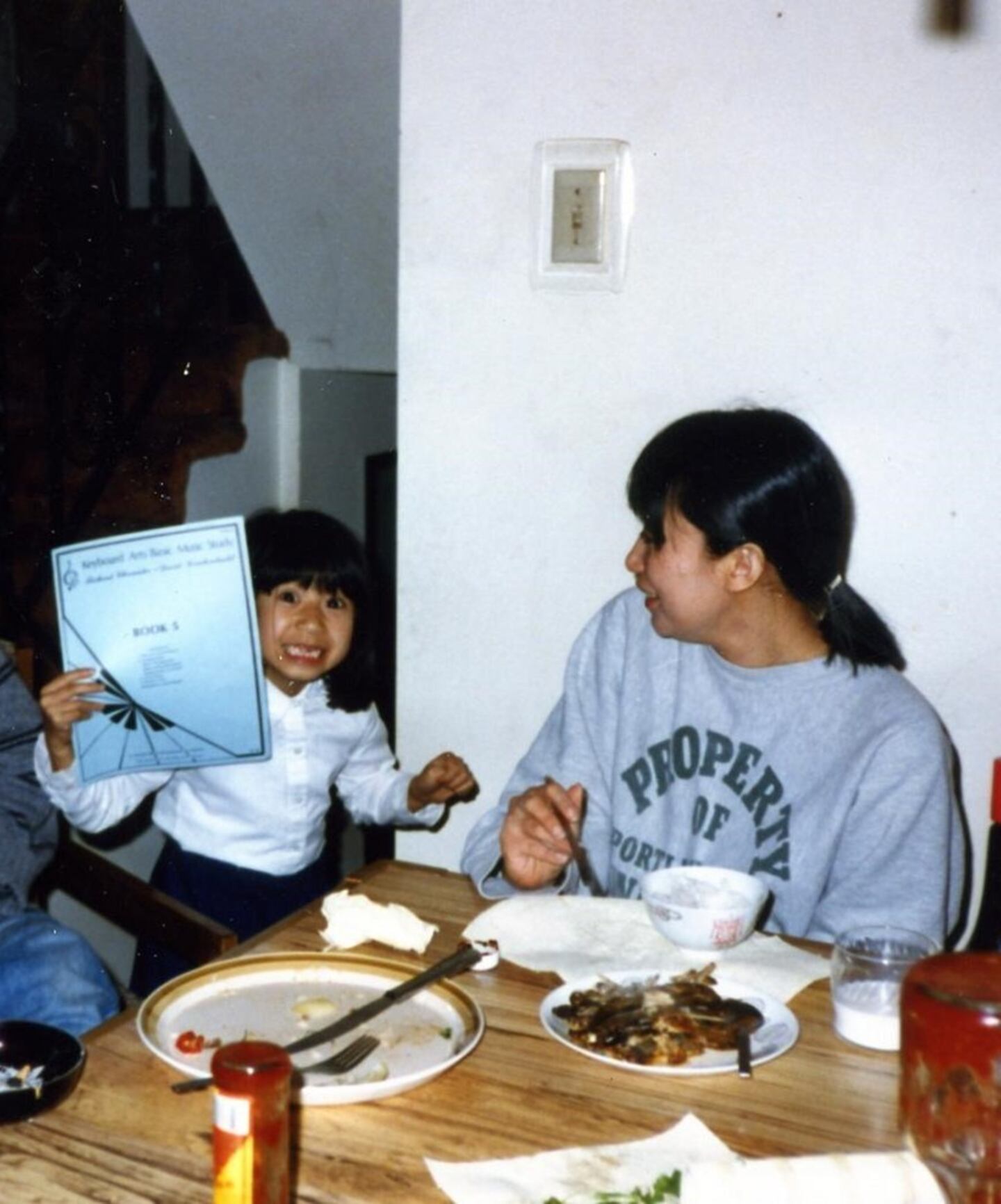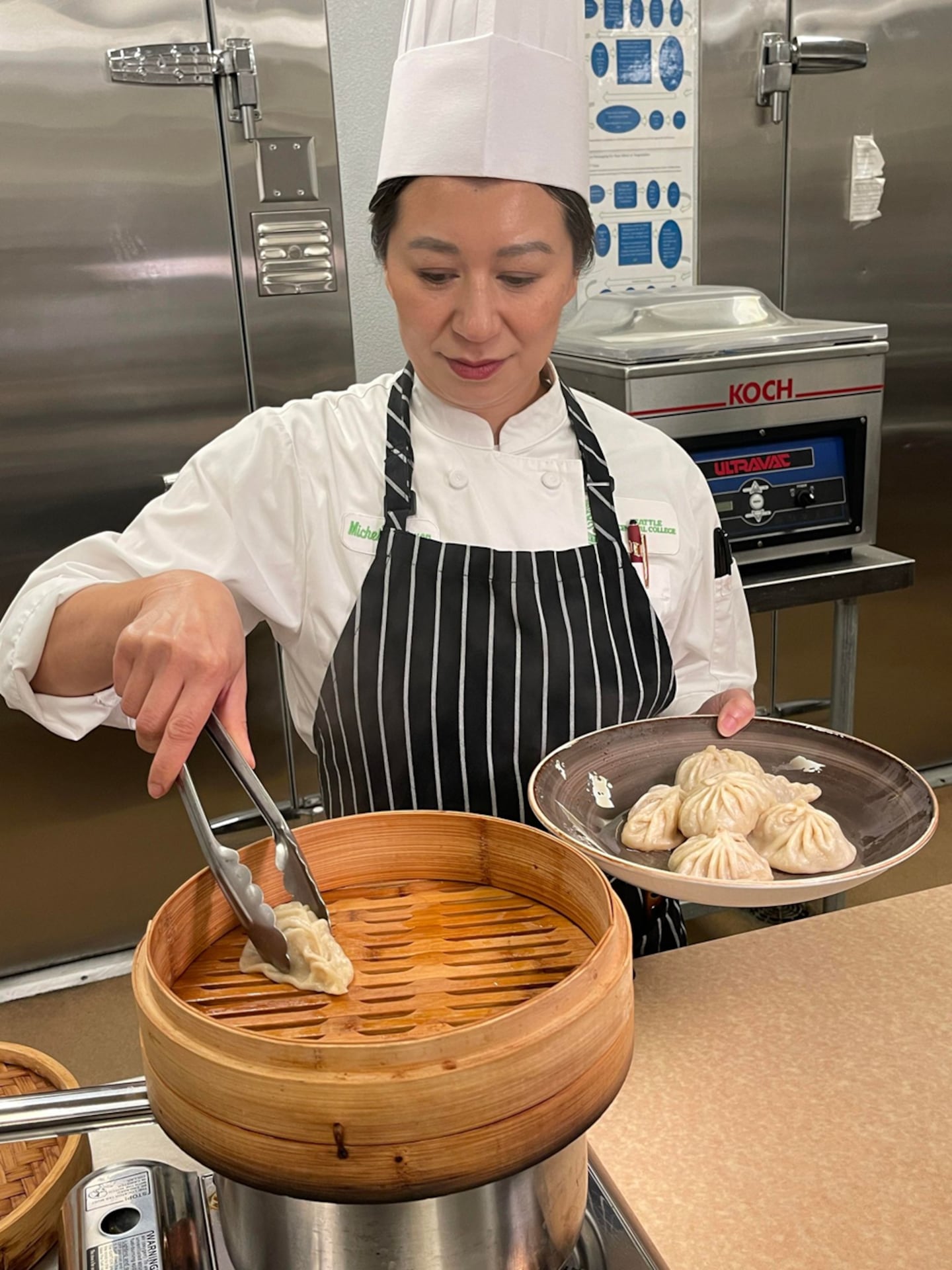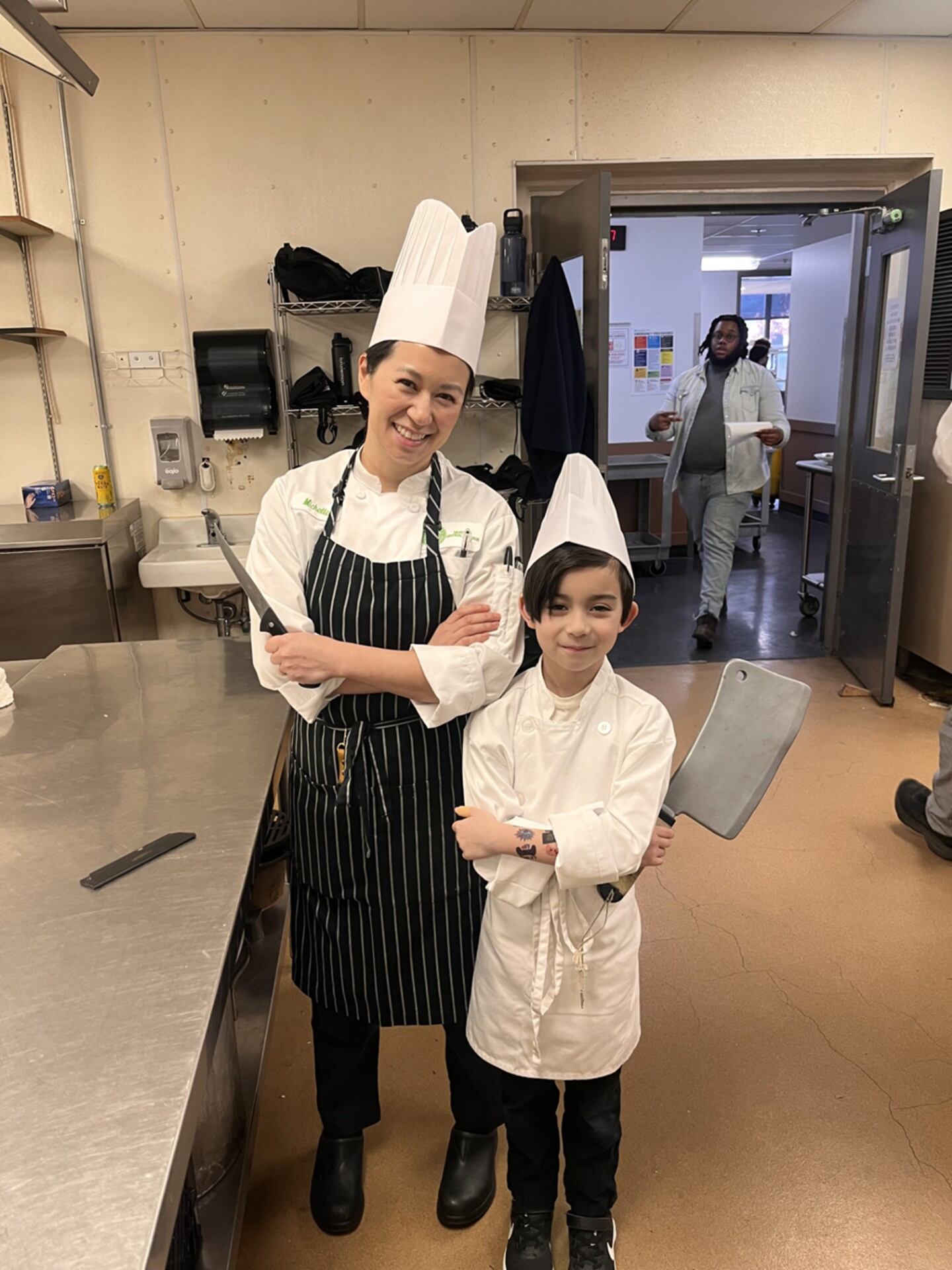SEATTLE — A Seattle chef instructor at Seattle Culinary Academy is creating a lot of buzz with a new item on her menu, and it’s not for customers, but rather to support her students’ mental health.
DUMP IT OUT WITH DUMPINGS:
Michelle Nguyen, who has more than 18 years of experience within the culinary field, is a Vietnamese-American chef instructor at Seattle Central College and has been teaching students at the academy from all ages and backgrounds for two years.
Nguyen said she understands the challenges many students and chefs face within the industry.
“My main thing is knowing that the students, we have their back. We have their support. Working in kitchens and working in this industry is really hard. Can be really stressful,” she said.
To make sure her students feel supported, Nguyen hosted Dump it out with Dumplings on May 16 where students had the chance to talk about their mental health and the challenges they face inside and outside of the kitchen, while recognizing Asian American and Pacific Islander Heritage Month.
“This is just kind of a safe space where they can just be open and it’s a great way to see how the students are feeling.” She added, “I just want to show them what they’re doing, they’re on the right path, that they’re supported in any way because especially being Asian American and especially if you don’t have a family that truly supports what you do, I want to be that parent, that mom for them. To be like, you know what, you got this. If I can do it, you can do it too.”
Students created dumplings, a traditional Asian dish that resonates with many AAPI students, which typically requires multiple people to create.
“Dumplings is very much a communal action when you’re forming them. It’s not a one-person job. It is actually a whole family or a whole group to come together and do it,” she said.
And just like dumplings, Nguyen said she wanted her students to understand it takes an entire team to support each other.
“It’s okay to talk about your feelings. It’s okay to have the feelings that you have. You don’t have to always have a strong face or be a certain way because your parents are having these expectations of you.” She added, “For me, it took me 45 years to actually like go to therapy and some of these students think they don’t have access to that because it’s shameful, like you’re supposed to be strong.”
And her students felt that message.
“As an Asian, we don’t really talk about our feelings with our parents a lot. We don’t express our feelings enough,” Felix Yeung, a student, said.
“Being able to feel at home even away from home and still be able to express some things I have been keeping inside for many many years, feels very comfortable and very homely,” he described the event.
Bier Nolan, another student, said, “To be vulnerable is something in our culture we don’t always have that safe space because we’re always taught to hide and protect our feelings.”
NGUYEN’S CHILDHOOD:
Nguyen told KIRO 7 News that she personally understands the challenges many of her students face.
“I had such a difficult relationship with my food growing up,” she said.
Growing up as a young daughter to immigrant parents, Nguyen said her parents would often pack her Vietnamese meals for school, but her peers’ response left a bitter taste.
“It was the era of if it did not look like the norm, it was made fun of,” she said. “The comments from fellow students, ‘Ew, what is that? Why does it smell? You know, they were saying all of the yucks.”
Nguyen said she felt like she had to hide her cultural identity in order to assimilate and survive.
“When I was with my family, there was of course your guard is down. It’s a safe space. Everyone is eating the same food, but when it came to inviting friends over, I always tried to make sure my mom made westernized food, not the Vietnamese food that she usually cooks, to make sure I am accepted,” she said.
“If I could I act more Vietnamese or do I need to act a little bit more quote unquote westernized just to make sure that I am accepted,” Nguyen added.
But she later realized in college what made her different made her unique.
She fully embraced her cultural background, which allowed her to thrive inside the kitchen, she shared.
“This is me; this is who I represent. I don’t have to do just French cuisine. I could put my flavors into it even though it’s unfamiliar, but this is who I am. This is the authentic me,” she said.
Nolan told KIRO 7 News, “Chef Michelle is like the woman, the mentor, the hero, SCC needs.”
“It means to be just proud of who you are and be your authentic self without any hindrance, without what society thinks and wants you to be in America,” she added.
Nguyen said when her students are able to embrace their cultural identity personally and within their dishes, it’s a gift to them, but also to the world.
The Vietnamese-American chef is also sharing this message with her young son.
“There should not be any more glass ceilings when it comes to this career path. We should not be relegated to doing certain types of roles in the kitchen, we could be leaders. We could be chefs. We can create. We can manage. We can do it all.” She added, “To be in this environment and to work and help mold and give these kids a path of creativity is the best thing ever.”
Aimee Lepage, the associate dean for Seattle Culinary Academy, shared the following statement:
“At Seattle Culinary Academy we are constantly reflecting on our opportunity and responsibility to offer a culturally expansive education, from representation through menus to our responsiveness to ever-changing student needs. Chef Nguyen’s work to bring a panel of AAPI chefs, bakers, makers, and growers to talk about their journey helps students see their own future and opportunities. I’m especially excited about Dump It Out With Dumplings, giving students the opportunity to talk about their experiences while hand-pinching dumplings. We have so much more to learn from each other than culinary technique, these important conversations will continue to shape this industry and how we evolve in the process.”
©2024 Cox Media Group
